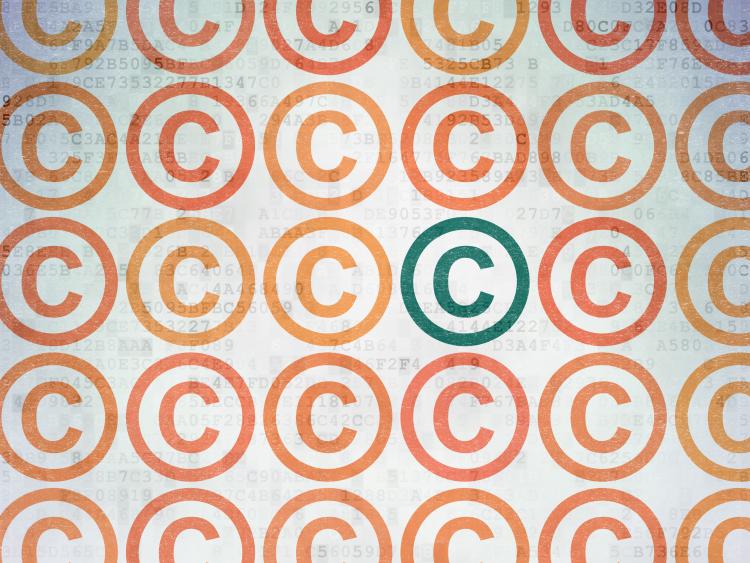
On June 26, 2023, the Federal Court of Canada (the Court) issued its decision in Voltage Pictures, LLC v Salna, 2023 FC 893, refusing to certify a reverse class action proceeding for the second time in relation to a claim for file-sharing copyright infringement.
The Applicants, Voltage Pictures, LLC, Cobbler Nevada, LLC, PTG Nevada, LLC, Clear Skies Nevada, LLC, Glacier Entertainment S.A.R.L. of Luxembourg, Glacier Films 1, LLC, and Fathers & Daughters Nevada, LLC (collectively, Voltage) commenced this application in 2016, alleging copyright infringement against approximately 874 unknown class members whose IP addresses were used to upload and download films produced by Voltage without authorization.
This is the second hearing of the certification motion. At the first hearing, the Court dismissed Voltage’s motion for certification, finding that they had failed to meet any part of the test for certification, as previously reported by the E-TIPS® Newsletter here. On appeal, the Federal Court of Appeal (FCA) allowed Voltage’s appeal in part, finding that Voltage had successfully demonstrated the first three parts of the certification test, namely: (a) reasonable cause of action, (b) identifiable class of two or more persons, and (c) common issues (previously reported by the E-TIPS® Newsletter here). The FCA directed that the certification motion be returned to the Court for reconsideration of the remaining two criteria, that is, if a class proceeding is the preferable procedure, and whether there is a suitable class representative.
The Court began by finding that Voltage had met its burden of demonstrating “some basis in fact” that a reverse class proceeding is a preferable procedure to the alternatives of individual actions or joinder.
The Court then found that Mr. Salna, Voltage’s proposed class representative, was a suitable choice. Despite Mr. Salna’s objections to the appointment, the Court found that he had so far demonstrated that he was capable of fairly and vigorously defending the class. The Court did, however, agree with Mr. Salna that the funding of class counsel was not sufficiently addressed in Voltage’s litigation plan, and found that this could be fatal to certification.
Ultimately, the Court refused to certify the proposed class proceeding finding that Voltage’s proposed use of the notice-and-notice regime to advance the class proceeding was inconsistent with the Copyright Act. The Court noted that the notice-and-notice provisions in the Copyright Act refer specifically to “a notice of claimed infringement” that alerts the recipient that a copyright owner has detected activity that may be infringing. The Court held that the notice-and-notice regime could not be used to notify an ISPs’ subscribers of the certification of a class action, the subsequent steps in the proceeding, or provide subscribers an opportunity to opt out of the proceeding.
In concluding, the Court noted that Voltage was permitted to reapply for certification if it presented a revised litigation plan addressing the Court’s concerns, namely the funding of class counsel and the method of identifying and communicating with class members.
Summary By: Claire Bettio
E-TIPS® ISSUE
Disclaimer: This Newsletter is intended to provide readers with general information on legal developments in the areas of e-commerce, information technology and intellectual property. It is not intended to be a complete statement of the law, nor is it intended to provide legal advice. No person should act or rely upon the information contained in this newsletter without seeking legal advice.
E-TIPS is a registered trade-mark of Deeth Williams Wall LLP.
